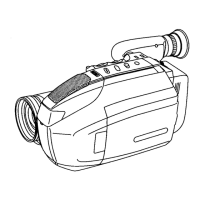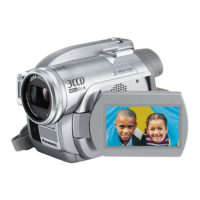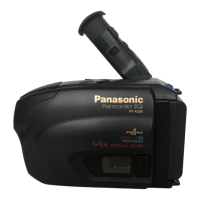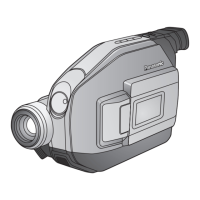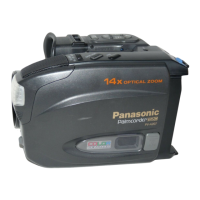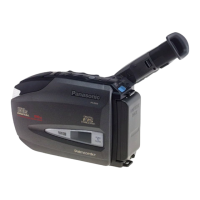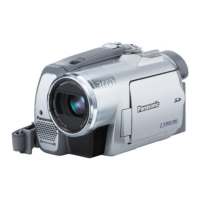Your Palmcorder has been designed for normal scene illumination of 150 footcandles (1500 lux). However, the
Palmcorder may be used at F1.4, if illumination is more than 0.1 footcandles (1 lux).
The table below shows the color temperature for reference.
PALMCORDER
SETrlNGS
k (Amber Filter •
Range)
---"OUTDOOR" •
"AUTO" •
-"INDOOR"
NATURAL LIGHT ARTIFICIAL LIGHT SOURCE C0LOR11NET
CONDITIONS MIXTURE
Fair weather, blue sky • Color television Bluish
Slightly cloudy sky
Cloudy or rainy sky
Sunlight in clear weather at
midday
Average sunlight in clear
weather
Sunlight 2 hours after sunrise
and before sunset
• Sunlight 40 min. after sunrise
and before sunset
KELVINCOLOR
TEMPERATURE
-- 10,000
-- 8,000
-- 7,000
6,500 •
-- 6,000 •
-- 5,500
-- 5,000 °
-- 4,500 •
-- 4,000 •
-- 3,500 •
-- 3,200
i •
_V •
................. • Sunlight 30 min. after sunrise -- 2,800
(Blue Filter and before sunset •
Range) • Sunlight 20 min. after sunrise •
and before sunset •
'I r -- 2,000 •
Fluorescent lamp (Daylight)
Camera flash bulb
Blue lamp for photography
Fluorescent lamp (White)
Normal flash bulb
Fluorescent lamp (Off-white)
Tungsten lamp for
photography
Halogen lamp
Iodine lamp
Tungsten lamp
Acetylene lamp
Kerosene lamp
Candlelight
Whitish
Yellowish
Reddish
• Be careful not to touch the lens itself.
Note: Use only Panasonic PV-LW491Q wide conversion lens; use of other wide conversion lenses may distort the
picture.
FCC Warning: Any unauthorized changes or modifications to this equipment would void the user's authority to
operate.
This device complies with Part 15 of the FCC Rules. Operation is subject to the following two conditions: (1) This
device may not cause harmful interference, and (2) this device must accept any interference received, including
interference that may cause undesired operation.
Note: This equipment has been tested and found to comply with Part 15 and part 18 of the FCC Rules.
These limits are designed to provide reasonable protection against harmful interference when operated in a
residential environment.
If this equipment does cause interference to radio or television reception, which can be determined by turning the
equipment off and on, use the equipment in another location and/or utilize an electrical outlet different from that
used by the receiver.
If necessary, consult the dealer or an experienced radio/TV technician for help. You may find the booklet,
'Something About Interference' available from FCC local regional offices helpful.
38
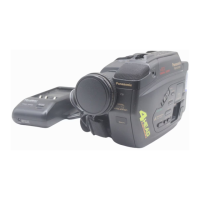
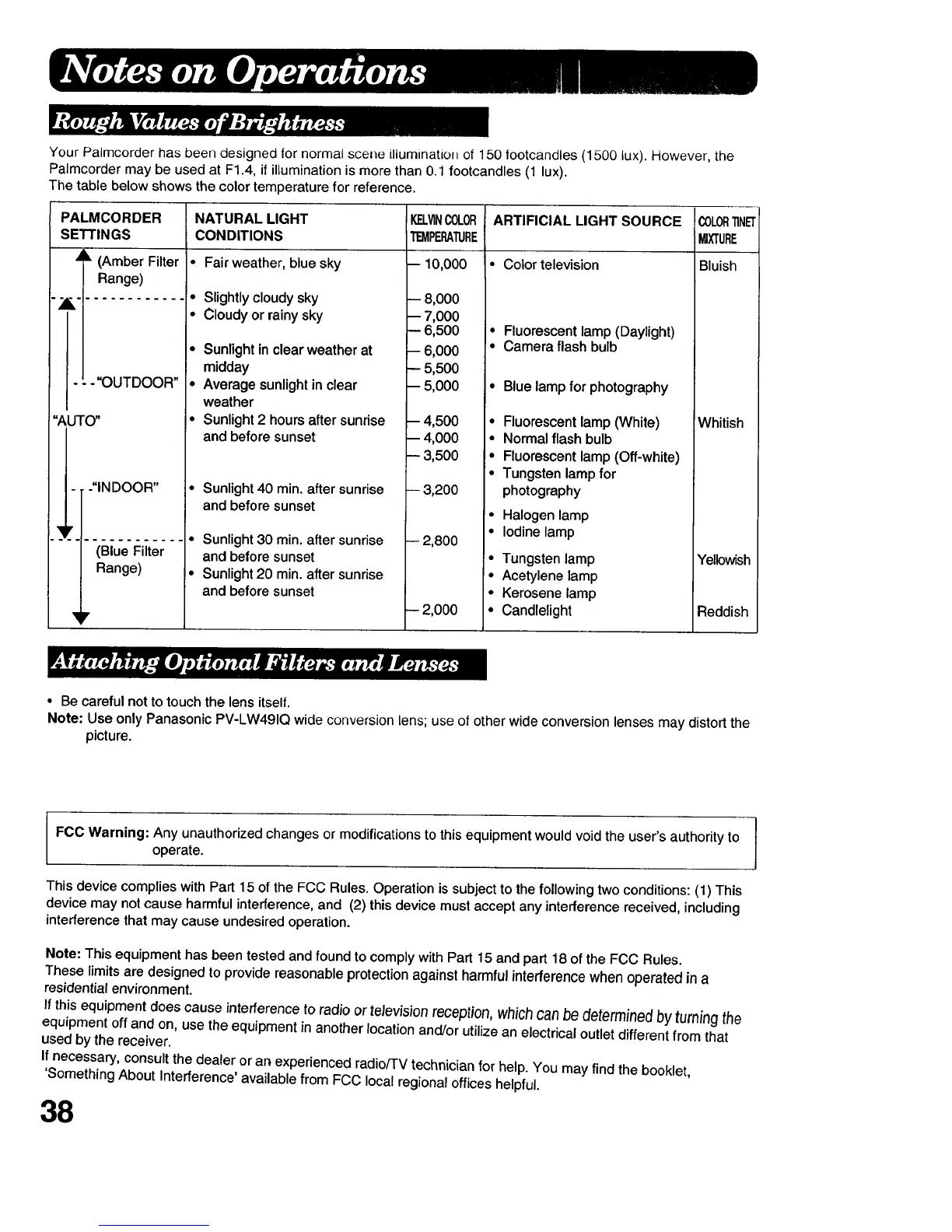